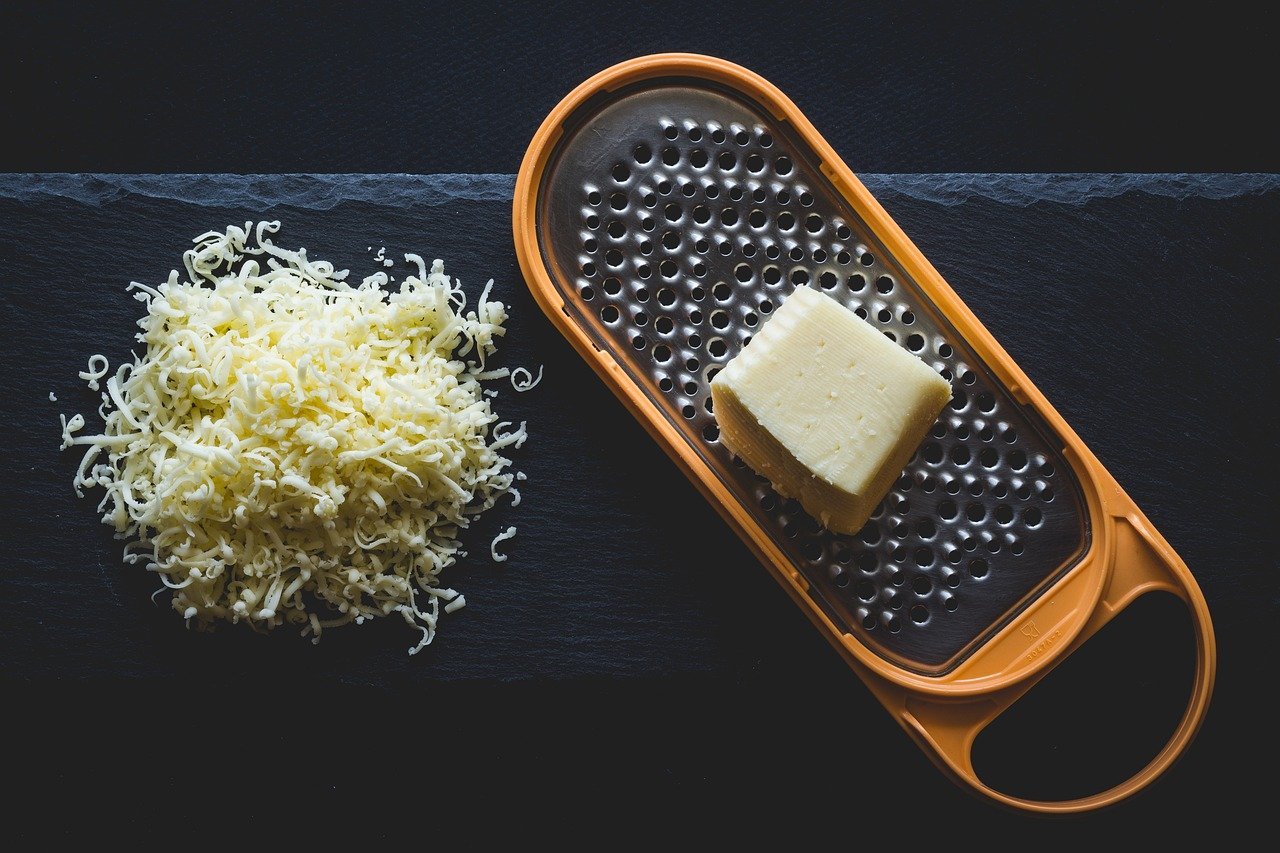Have you ever wondered if cheese is a friend or foe on a Mediterranean diet? This delightful eating regime is renowned for its heart-healthy benefits, balanced meals, and the pleasure of enjoying delicious foods. Yet, when it comes to cheese, a few myths and questions often arise. Is cheese allowed? If so, how much and which types?

Understanding the Mediterranean Diet
The Mediterranean diet is more of a lifestyle than a traditional diet. It emphasizes whole foods, lean proteins, healthy fats, and an abundance of fruits and vegetables. Originating from the countries bordering the Mediterranean Sea, this diet is inspired by the traditional eating habits of countries like Greece, Italy, and Spain.
Core Principles of the Mediterranean Diet
To fully appreciate where cheese fits into this diet, let’s first look at its foundational principles:
- Whole Foods: The diet encourages consumption of minimally processed foods, highlighting their natural flavors and nutritional values.
- Healthy Fats: Olive oil is a staple, providing essential fatty acids crucial for heart health.
- Fruits and Vegetables: Abundant servings are core to daily consumption, offering a rich source of vitamins and antioxidants.
- Lean Proteins: Seafood and poultry are favored over red meat, promoting lean sources of protein.
- Moderate Dairy: Dairy products, particularly cheese and yogurt, are to be consumed in moderation.
Cheese in the Mediterranean Diet
In many Mediterranean countries, cheese is not only allowed but is cherished as a part of their culinary heritage. However, it is consumed in moderation, aligned with the principles of balance and variety. Cheese adds flavor, texture, and a sense of indulgence, without steering away from the diet’s healthful intentions.
Why Cheese?
Cheese is more than just a flavorful indulgence. It provides calcium, protein, and a number of other essential nutrients that are beneficial for bone health and overall nutrition. The Mediterranean diet embraces the inclusion of cheese by selecting varieties that complement its health-conscious approach.
Types of Cheese Commonly Consumed
A myriad of cheese types fit well within the Mediterranean diet, each boasting distinct flavors and cultural significance. Here’s a closer look at some popular variants:
| Cheese Type | Origin | Notes |
|---|---|---|
| Feta | Greece | A tangy, crumbly cheese made from sheep or goat milk. |
| Ricotta | Italy | Light and creamy, perfect for both savory and sweet dishes. |
| Halloumi | Cyprus | High melting point, excellent grilled, offering a unique taste. |
| Parmigiano-Reggiano | Italy | Aged and granular, adds a nutty flavor to dishes. |
| Pecorino | Italy | Made from sheep’s milk, featuring a robust, salty flavor. |
Nutritional Value of Cheese
Cheese is a nutritional powerhouse, albeit with different profiles depending on the type. Understanding what cheese brings to your diet can ensure you make informed choices:
Macronutrient Profile
- Proteins: Cheese offers high-quality protein, aiding muscle repair and growth.
- Fats: It contains saturated fat but in moderation, which can be balanced with unsaturated fats in the diet.
- Carbohydrates: Most cheeses are low in carbohydrates, making them suitable even for those monitoring carb intake.
Micronutrients
Cheese is rich in calcium, which is pivotal for bone health. It also supplies vitamin B12, phosphorus, and zinc, all contributing to vital bodily functions including neurological health and immune support.
Balancing Cheese Intake
The key is moderation. While cheese can augment the flavors of any dish, attention to portion sizes ensures you benefit from its nutrients without consuming excess calories or saturated fats.
Knowing Your Portions
Here is a simple guide to balancing cheese in your Mediterranean lifestyle:
| Cheese Type | Recommended Serving Size | Description |
|---|---|---|
| Feta | 1 ounce (28 grams) | Crumbled over salads or used in small quantities in cooking. |
| Ricotta | 1/4 cup (60ml) | Incorporated into dishes for moisture without overuse. |
| Parmigiano-Reggiano | 1 ounce (28 grams) | Grated over pastas or salads, enhances flavor profile minimally. |
| Halloumi | 1-2 slices | Grilled or fried, perfect in moderation with complementing veggies. |

Cooking and Eating Cheese the Mediterranean Way
Perhaps one of the most delightful aspects of the Mediterranean diet is its culinary freedom. This is also true when cheese is involved, as it can be prepared in a myriad of ways to suit individual preferences and dietary goals.
Incorporating Cheese in Meals
- Salads: Feta or goat cheese can add a delightful contrast to fresh greens and a variety of vegetables.
- Pasta and Risotto: A sprinkling of aged cheese like parmesan can elevate these dishes, adding depth and complexity.
- Mezze Platters: Cheese is an essential component, paired with olives, nuts, and whole-grain breads.
- Grilled Cheese: Halloumi offers an excellent base for grilling, often served alongside roasted vegetables.
Pairing Cheese with Other Ingredients
Cheese pairs exceptionally well with many ingredients characteristic of the Mediterranean diet:
- Olives: The saltiness of olives harmonizes with the rich flavors of cheese.
- Nuts: Almonds, walnuts, and pine nuts offer a crunchy texture alongside softer cheeses.
- Fruits: Fresh fruits like figs, apricots, and grapes complement cheese, bringing out its nuanced flavors.
- Fresh Herbs: Basil, rosemary, and thyme can enhance the herbal notes present in many cheeses.
Health Considerations
While cheese is a delicious and nutritious addition to your Mediterranean lifestyle, it is crucial to consider any individual dietary needs or restrictions.
Lactose Intolerance
Many Mediterranean cheeses, particularly those made from sheep or goat milk, tend to have lower lactose content and may be more easily digestible for those who are lactose intolerant.
Fat and Caloric Content
Be mindful of higher-fat cheeses, opting for those that are lower in fat or used sparingly to avoid excess calorie intake.
Salt Content
Cheeses like feta and halloumi can be relatively high in sodium. Consuming them in moderation ensures you maintain a healthy sodium balance.

Summary: Is Cheese Allowed on a Mediterranean Diet?
The simple answer is yes, cheese is indeed allowed and appreciated within the context of a Mediterranean diet! It enhances meals with flavor and nutritional benefits while encouraging you to savor every bite. The emphasis on moderation, variety, and balance ensures that you can enjoy cheese without compromising the overall healthfulness that the Mediterranean way of eating promotes.
Final Thoughts
Remember, the beauty of the Mediterranean diet lies in its flexibility and enjoyment of natural, wholesome foods. Cheese is one piece of this delectable puzzle that offers both taste and nutrition. By making informed choices, you can relish cheese while embracing the health benefits and joy of Mediterranean living. Enjoy the journey of crafting dishes that delight your palate and nourish your body in equal measure.



